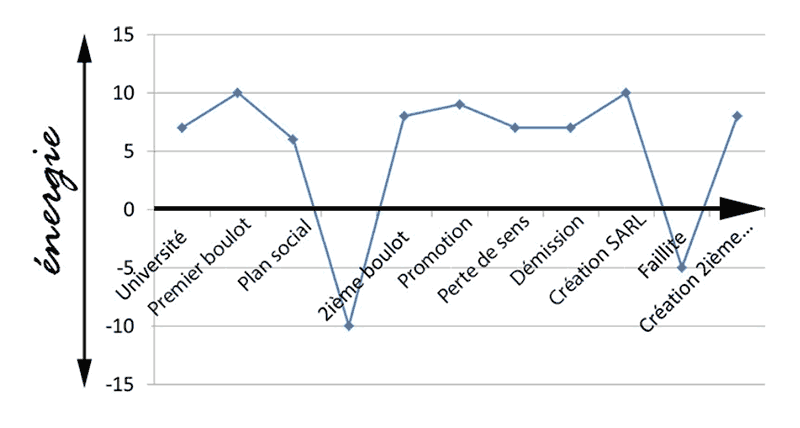
May 27, 2010 – The best managers care about the quality of work life. They combine productivity and the well-being of their employees by prioritizing recognition, support and a reasonable workload.
This is what Jean-Pierre Brun, full professor of management at Laval University, said during a recent training day for managers on the prevention of psychological health problems at work.1. The event was organized by the Promotion Group for Health Prevention (GP2S).

Jean-Pierre Brun
Stress at work has always undermined the health of employees, says Jean-Pierre Brun. But attitudes are changing and many want a better work-life balance. Obviously, companies are following suit in front of the even higher problem of absenteeism, he argues.
The manager and the employee are both responsible for the quality of life at work, insists Jean-Pierre Brun. “Everyone can act in their area of influence. At the end of a day, the manager must ask himself whether he has succeeded in valuing his employees, whether he has listened sufficiently, etc. For his part, the worker must also consider the best way to solve problems or negotiate his workload, for example. “
Strategies for employee well-being
How can a manager create a healthy working environment for his employees? Jean-Pierre Brun presented 4 main strategies.
Recognition at work
The first strategy promotes recognition at work, put forward by a greater presence of the manager in the team. By this gesture, he shows his team his desire to facilitate communication. An attitude in contrast to the work environment of 30 years ago, argues Jean-Pierre Brun. “The less I see my boss, the better !,” said employees at the time. The world of work has changed a lot, he adds, and the trend has shifted. Employees now want easier access to the boss. “
Support
The second strategic approach is aimed at supporting employees. Jean-Pierre Brun advises managers to give more value to positive experiences and to moderate the most negative events. “Employees want a loyal boss who supports and defends them,” he says. The manager thus shows his willingness to create a work environment that promotes active listening. “
Employees who are never valued in their work are four times more likely to suffer from psychological distress, he argues. Conversely, those whose work is valued have half the risk of being affected.
Reduce the workload
The third strategy is to reduce the workload when necessary. Bosses show concrete support when they add staff, for example, or include employees in the process of reorganizing their responsibilities and reducing the workload, continues Jean-Pierre Brun. A condition that is all the more essential in a context of intensification of work over the past 20 years, he observes.
Respectful relationships
These 3 combined approaches favor the creation of the fourth strategy, namely the establishment of a respectful work climate. “Behavior of incivility and verbal harshness are on the rise in companies,” says the expert. At the same time, managers tend to trivialize and deny the problem. The solutions remain the same as for other strategies, he concludes, namely active listening, employee assistance measures and reduction of risk factors. “Let us remember the ABCs of management, which is not content to do more, but to do better,” says Jean-Pierre Brun.
Danny Raymond – HealthPassport.net
1. Training How to prevent psychological health problems at work: concrete tools took place on May 25 in Montreal.












